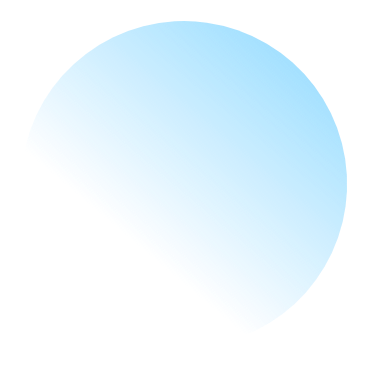One
providing an end-to-end eCRM solution that allows bridging all the existing services that are sourced from multiple providers into one.
Optimizing systems for the need of the hour with simple and modern UI solutions,
Helping clients cut down the cost of using and paying for multiple applications,
Minimal training for the staff as a user,
Super-sized data points and management reports and dashboards to support the decision-making process.
BridgeCare is a single solution for Home Care Industries to support from hire to retire including customer management and staff management features, with a single login you are moving from one module to another seamlessly.
BridgeCare can also be a solution for small and medium size healthcare units that can be customized for their needs.




